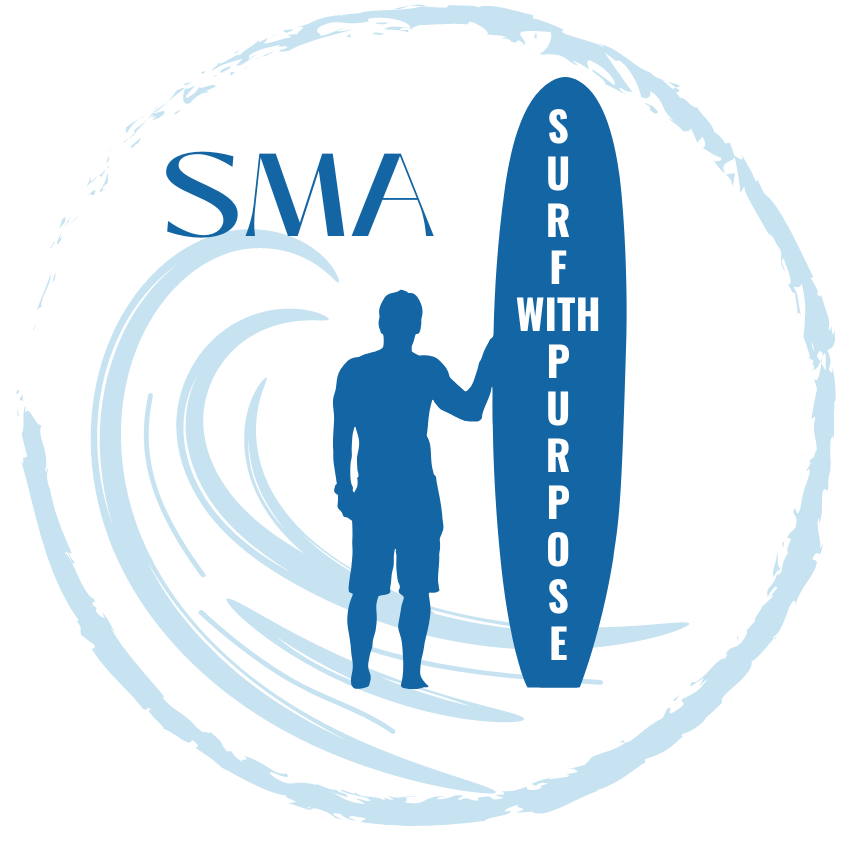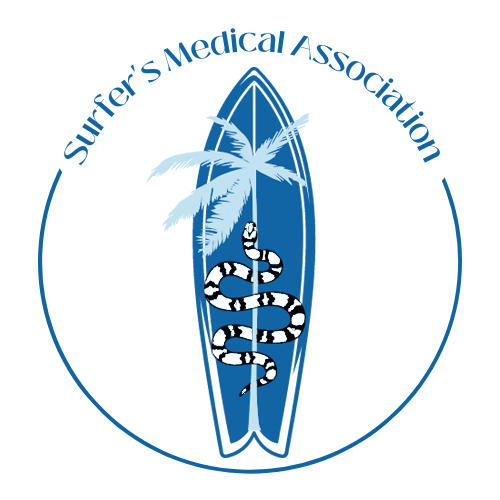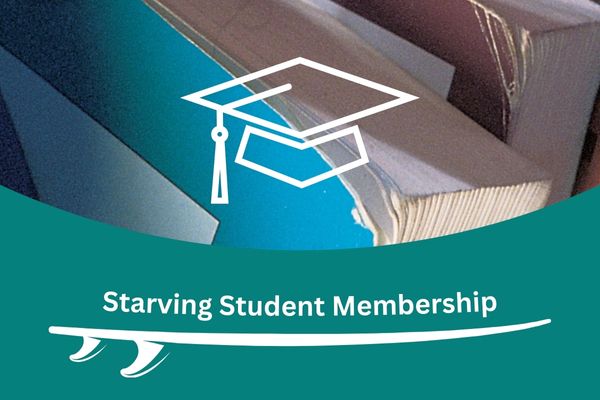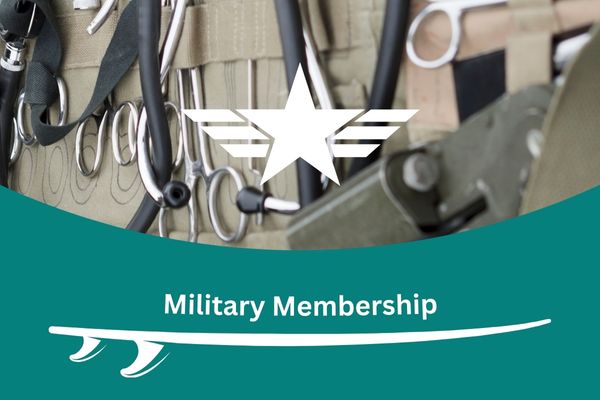Taking Care of Your Own: Safety in Surfing By Peter Conroy
Developing robust ‘in-the-surf’ safety procedures, like those we employ for fighting fires and tackling other emergencies, has long been a personal goal of mine. Surfing safety is relatively new to Ireland, as is surfing. Devising procedures for safety in the surf is, relatively speaking, in its infancy. I am, as are other big wave riders globally, still learning what’s best.
It takes many years to learn to surf capably. You are required to learn many things; when to go, when to wait, and always, to risk assess your situation. Years accumulate before you acquire such skills and any degree of competency. Through my experience as a fireman and a rescue operator in the surf, I have lost and saved many lives. I have worked so hard – to the point of physical exhaustion – in rescue scenarios. And why; what is it that drives rescuers do this? It’s not the money, or glory, nor fame of any sort. It’s the knowledge that they have done everything in their power to save someone’s life. Not simply for their own sake, but also for the family and friends of those involved. There is nothing worse than confronting a lifeless body, after pulling from the water, after working so hard in an attempt to save and revive them. That feeling is harrowing. The look on friends faces, the anguished scream of a family member. This is something that stays with you forever, something I wouldn’t wish upon anyone.
So picture your friend’s face, perhaps your surf buddy. Now hold onto that image for a moment. Now imagine them gone, drowned whilst you were surfing together. A terrible thought, but wouldn’t it be great if by doing something simple you had saved them?
Saving someone is the easy part. It happens, and you move on. It’s when you can’t save them, and somebody dies, that remains with you for the rest of your life. Sometimes you blame yourself, ruminating “Did I do everything correctly …Could I have done something different?” If I have learned anything in all my years as a lifeguard, paramedic, fire-fighter, swift water rescuer, big wave surfer, and rescue jet-ski/boat operator, equipped with training and practice in each discipline, it’s that things never happen as you’ve read in the book! When it comes down to the wire and the ‘shit-hits-the-fan’ only hands-on training and practical experience get you through. What’s more, it all comes back to basics.
The first basic principle is self safety! Only when you are safe, can you begin to think about another person. This is often forgotten when accidents happen. The hero inside, that’s yearning to help someone else, ends up throwing their own safety aside in the process. In an emergency, be it in or out of the water, the most important person in a rescue attempt is YOU. Without YOU there is no rescue. Ensure before any attempt to help that you are both physically and mentally capable to do so. You might be required to resist and overcome the casualty, who is most probably in a state of shock or panicking. The victim will not act rationally or sensibly. They may even attack, or in the case of drowning, use his/her rescuer as a ladder, believing this will actually help them escape danger.
Always be prepared by planning ahead. Ask yourself the following questions. Have you taken a CPR class? Do you know how to do in-water resuscitation? What are you going to do once the victim is ashore? Have you called for help? Who’s coming to assist you should you get into difficulty trying to get back to shore? These are essential questions any surfer ought to ask themselves before going to help someone in distress, and in particular when surfing dangerous, often remote, surf spots with challenging access. The more dangerous the surf spots are, the higher the risks associated with them. You have to realistically consider whether you are adequately prepared for these risks. One can never completely remove risk in surfing, but risk can be minimised by preplanning what to do in the event of plausible occurrences, e.g. drowning, a broken back, a broken leg, burst eardrum, lacerations, etc.
Do you have access to a jet-ski? Have you received training and instruction on how to properly operate that ski? Regardless of where you stand on the tow-in versus paddle argument, the jet-ski, when operated by an appropriately trained individual, is a powerful tool to assist rescue. Similarly, and something more immediately attainable, such as a basic lifesaving or first aid course could be the difference between saving and losing a life.
We are blessed that no one has been killed to date on these shores, and that there have been relatively few major injuries. However, with the envelope being continually pushed, and more dangerous surf spots attempted, I fear the luck of the Irish is going to run out shortly. When that day comes, I hope all involved can look back and say that they reasonably did everything within their power to save the unfortunate person, or at least give them a fighting chance. The principles of resuscitation and CPR are covered in any accredited basic first aid course. If you fail to prepare, then prepare to fail. There are numerous courses on lifeguarding and first aid held regularly and readily accessible. A lack of skills in dealing with a rescue situation in a dangerous place could quite conceivably lead to a needless death, possibly even that of a friend. As unpalatable as that may sound, it pales in comparison to having to look into the faces of family and friends knowing you did not have the relatively simple skills and training to deal with the situation.
Trust me when I say ‘I have been there’, I have stood in court, in the dock, with a victim’s family looking on, and have been asked whether I did everything that could be done. From the training and courses I have undertaken, both professionally for my job and pursuant to my lifestyle choices in surfing, I believe I have built up the necessary skills and competency to honestly say to that, or any other, family: “I did everything in my power to save your loved one. Everything”
When you go out to surf, it’s not your surfing ability that will save someone’s life. It is your basic life support and basic lifesaving skills and experience in white water that will.
So if your friend wipes out on a wave and comes up face-down in the water, what are you going to do? Knowing the basics could make the difference.
Take time-out from your surfing to learn these invaluable lifesaving skills, professional and recreational surfers alike. There will always be waves for you to play on – Forever. The same length of time you’ll feel responsible if someone dies who could have been saved had you only known how.
About the Author
Peter Conroy is an EASD Ambassador, Big Wave Surfer, current nominee and former Billabong XXL Finalist (2013). He is a Fireman and Paramedic with Dublin Fire Brigade. Peter is a certified Lifeguard and Jet-Ski/Rescue Boat Operator. He is also Chair Person of the Irish Tow Surf Rescue Association. Peter has previously lectured on the topic of Jet-Ski Assisted Rescue and Safety in Big Wave Surfing,
Recent Posts

Membership




